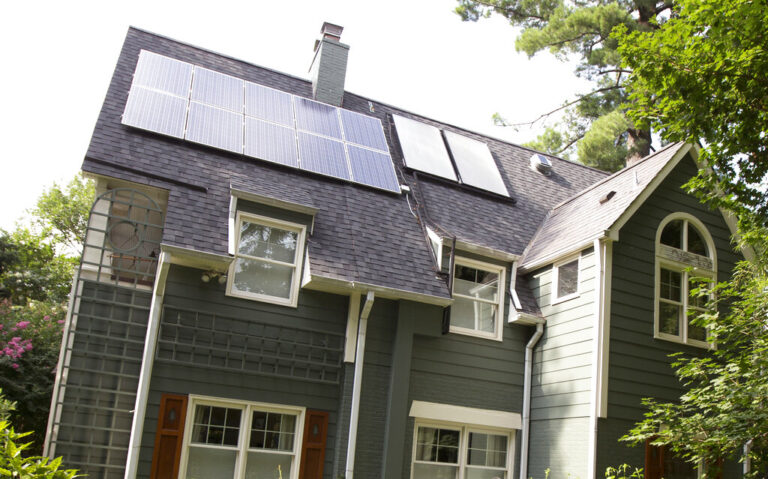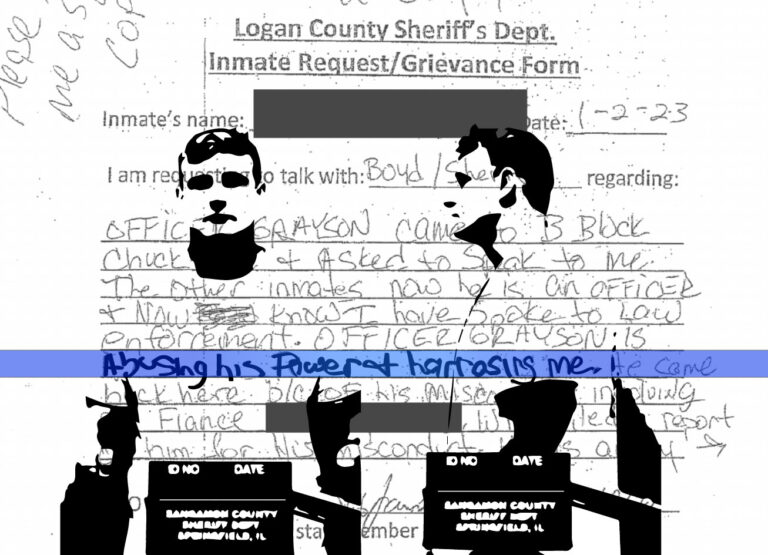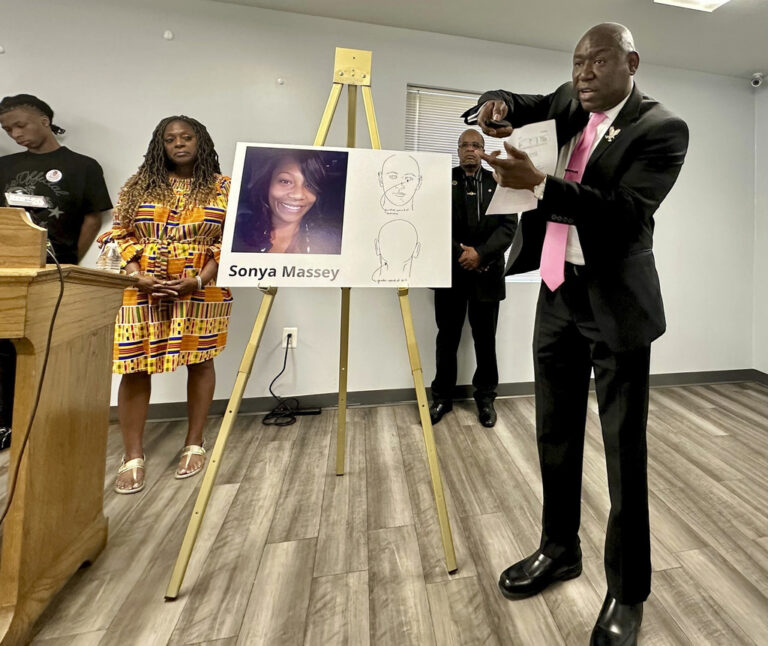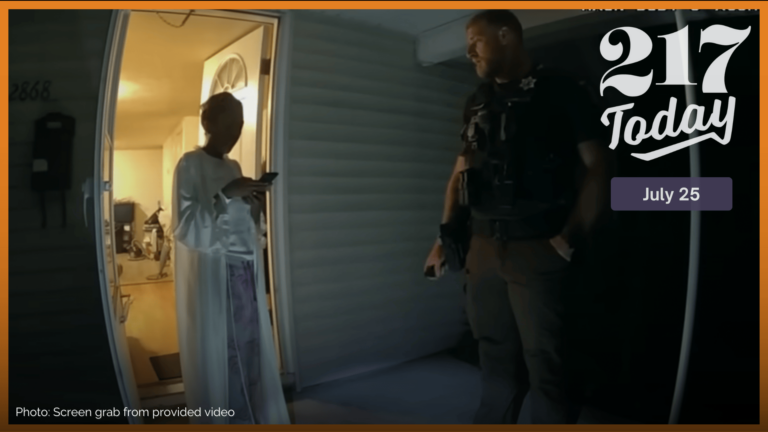DANVILLE – Most homes with solar panels are connected to the utility grid, and they lose power alongside their neighbors.
The reason is utility worker safety regulations. All solar panels automatically turn off during outages to prevent them from feeding energy back into the grid and creating dangerous working conditions.
The solution is to purchase backup batteries with your solar panels, according to Ky Ajayi, president of Bloomington-based Central Road Energy.
“For those homes that have battery backups, there is no interruption in power. That’s the beauty of having solar-plus-storage. It works just like an automatic backup generator, the power goes down, your battery kicks in,” Ajayi said.
But a typical home solar installation costs about $30,000, and it would go up to $55,000 if you add backup batteries, according to Ajayi.
Central Road Energy works with the Illinois Solar for All program. Through the program, income-eligible homeowners can get solar panels for free and halve their utility costs. For example, a family of four living on $60,000 or less a year in Vermilion County could get a free installation.
The program does not cover batteries, though.
Ajayi still recommends a solar-plus-storage setup for those, especially in rural areas, who experience frequent and prolonged outages.
“I recommend that over diesel power generators, primarily on environmental grounds. You can buy a whole home, diesel-power generator, you’re going to pay a lot of money on fuel and you’re going to spew toxic chemicals into the environment. No such thing with the-solar-plus storage,” Ajayi said.
He said others might want to wait until battery prices decrease, as he expects with advancements in electric vehicles.
There are also federal tax credits through the Inflation Reduction Act of 2022, which return at least 30 percent of total costs to the homeowner over time. Ajayi said homeowners may soon be able to get that money back immediately through the law, but he is waiting on guidance from the Internal Revenue Service.
Solar keeps lights on at Big Thorn Farm and Brewery

When the severe thunderstorms, tornadoes and derecho in late June knocked out power for 60 percent of Vermilion County, a solar-powered brewery stayed safe.
Big Thorn Farm and Brewery has been “off the grid” since it was founded a decade ago. That’s because the land in Georgetown wasn’t connected to power when Anna Schweig and her husband purchased it.
She says they lost five trees during the storm — but never power.
“Lots of the other restaurants and grocery stores were all closed because they didn’t have power. We were pretty busy,” Schweig said.
Schweig said they do have to constantly check their system, in case they need to switch to propane generators on cloudy days.
“We run lots of commercial refrigeration and freezers, so we need to keep a close eye on the voltage across the banks to ensure that we never have any power failures. We check our banks at least once in the morning, once in the afternoon, and once in the evening,” Schweig said.
Updated at 7:30 p.m. on July 12 to reflect typical home installation costs, instead of the costs of a larger installation. The tax credits also cover 30% of the total cost, not just the cost of installation.
Emily Hays is a reporter for Illinois Public Media. Follow her on Twitter@amihatt.







